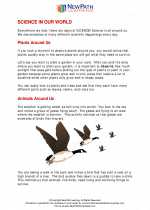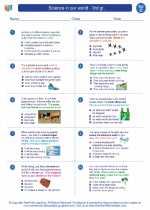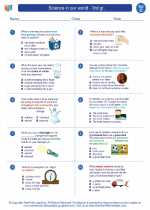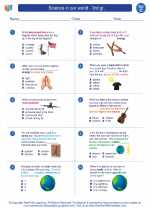Surgery
What is Surgery?
Surgery is a medical procedure that involves making incisions in the body to repair, remove, or replace damaged or diseased tissue. It is performed by a surgeon and can be done for various reasons, including to treat injuries, diseases, and deformities.
Types of Surgery
There are different types of surgery, including:
- Elective surgery: Planned surgery that is not deemed medically necessary but is chosen by the patient.
- Emergency surgery: Surgery that is performed in response to a medical emergency, such as a serious injury or life-threatening condition.
- Minimally invasive surgery: Procedures performed with small incisions using specialized instruments and cameras.
- Reconstructive surgery: Surgery done to restore the form and function of the body, often after an injury or illness.
- Organ transplant surgery: Surgical procedure to replace a failing organ with a healthy one from a donor.
Preparation for Surgery
Before surgery, patients may need to undergo various tests, such as blood work, imaging scans, and physical examinations, to ensure they are fit for the procedure. They may also need to follow specific instructions regarding fasting, medication, and lifestyle changes.
The Surgical Process
The surgical process typically involves:
- Anesthesia: The use of medications to induce loss of sensation or consciousness during the surgery.
- Incision: The surgeon makes a cut in the body to access the area requiring treatment.
- Procedure: The surgeon performs the necessary treatment, which may include removing, repairing, or replacing tissue.
- Closure: The incision is closed using sutures, staples, or adhesive strips.
Recovery and Aftercare
After surgery, patients require time to recover and may need to follow specific post-operative instructions, such as taking medications, attending follow-up appointments, and undergoing rehabilitation or physical therapy.
Study Guide Questions
- What is the purpose of surgery?
- What are the different types of surgery?
- What preparations are necessary before undergoing surgery?
- Describe the steps involved in the surgical process.
- What are the key aspects of post-operative care and recovery?
◂Science Worksheets and Study Guides Third Grade. Science in our world - 3rd gr.

 Worksheet/Answer key
Worksheet/Answer key
 Worksheet/Answer key
Worksheet/Answer key
 Worksheet/Answer key
Worksheet/Answer key
 Worksheet/Answer key
Worksheet/Answer key
